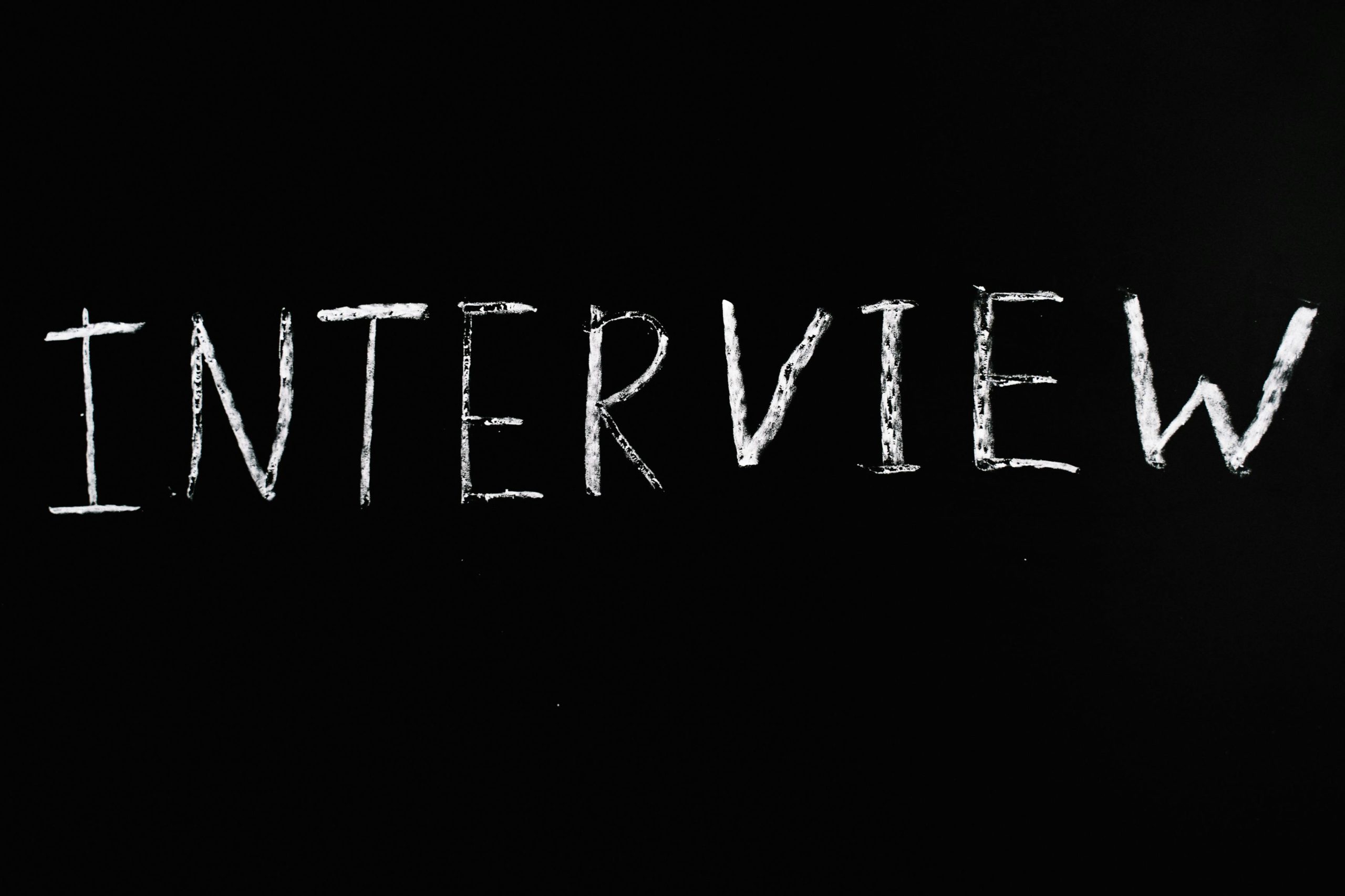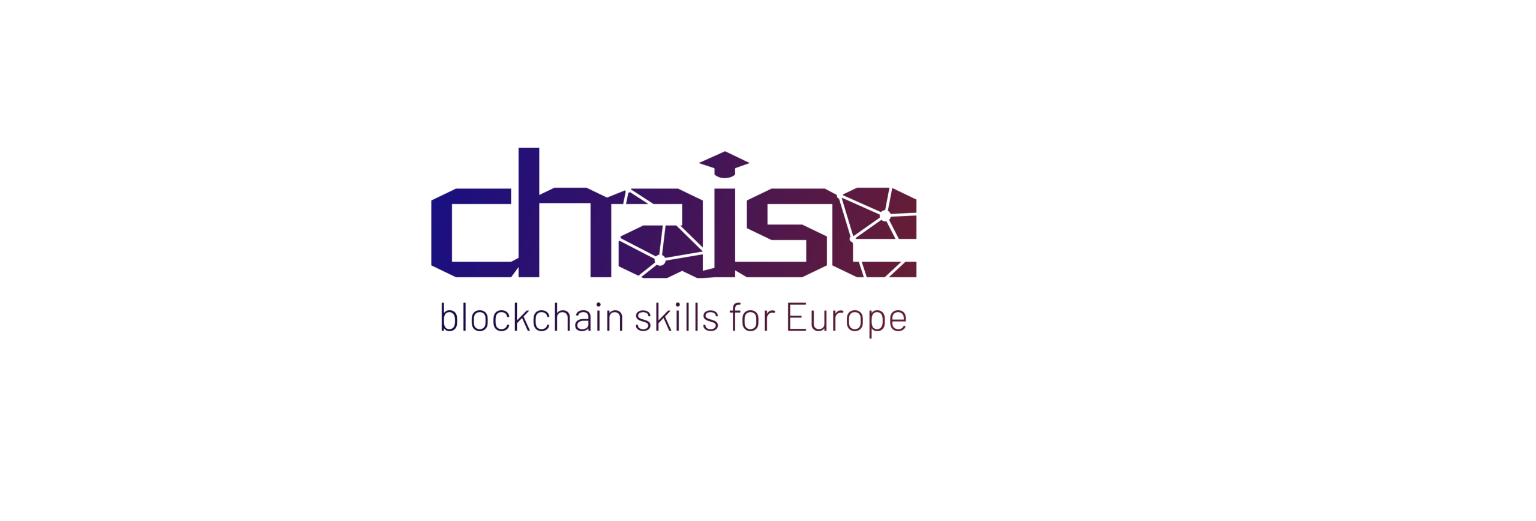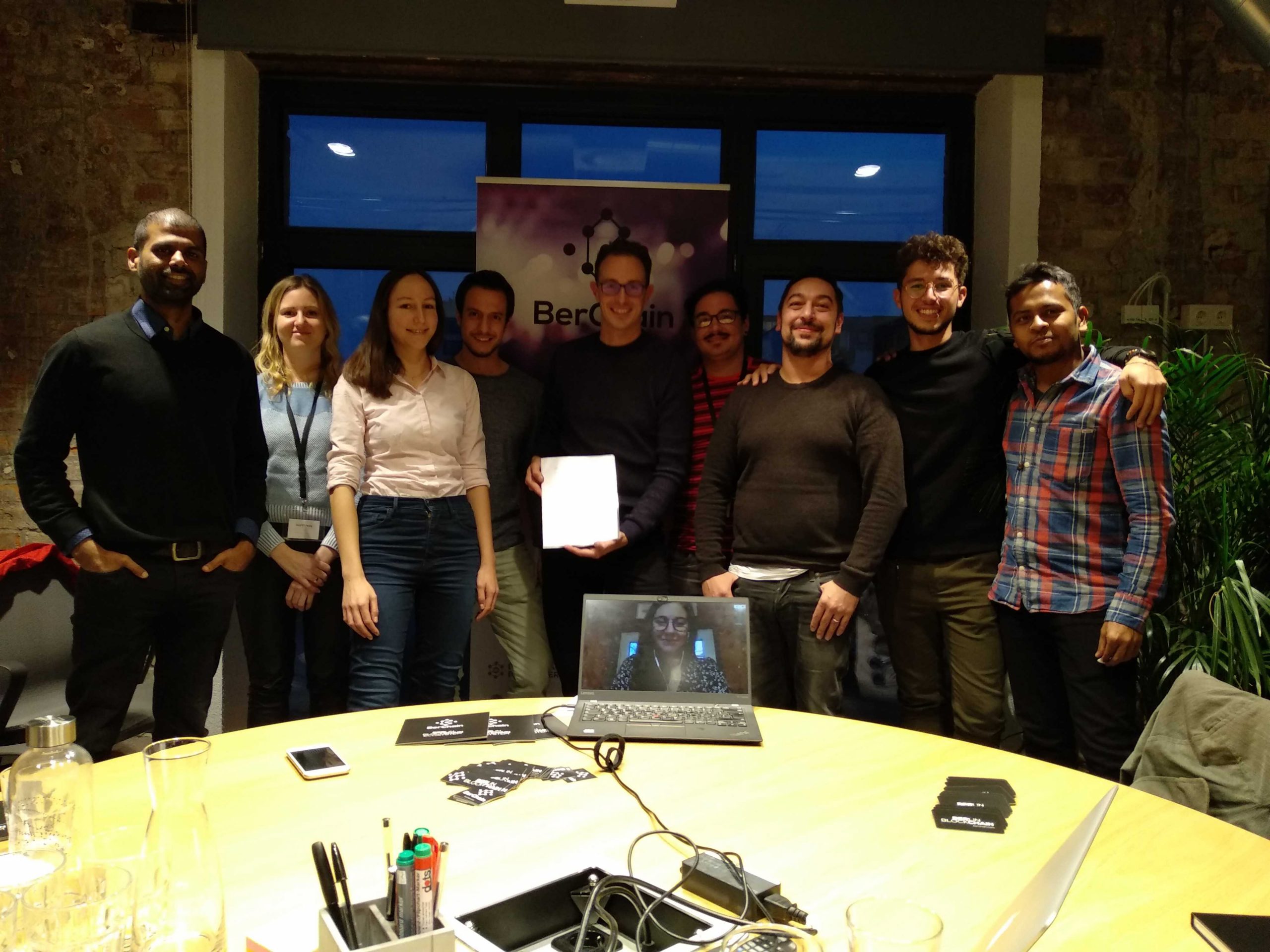
Interview with our new member Ostakon
BerChain: Hi, on behalf of BerChain, we are glad to have you on board! Could you tell us about the work you do?
Ostakon: We develop blockchain applications that are ready to use, primarily providing a use-case platform with several modules based on data-driven optimization. Our solutions are deeply rooted in the industry, aimed at bringing the Web3 era to industrial applications. Our primary offering is a modular Web3 industry data platform with pre-configured use cases, data distribution, and incentivization functions tailored to various consumer and producer models. This platform is designed to enable early returns on investment by leveraging interoperable data and blockchain technologies, fostering innovation and efficiency in rail transport.
BerChain: Which industry do you primarily focus on?
Ostakon: We focus mainly on asset-intensive industries, such as manufacturing. We have a significant presence in the railway industry, working with railway operators and manufacturers on various processes, such as maintenance and production. All of these processes emphasize asset-intensive production and transportation.
BerChain: Why did you join BerChain?
Ostakon: I have known about blockchain for over a year and believe it’s crucial to have a strong network for collaboration, mutual support, and to bolster regulatory and political efforts needed to advance blockchain technology. BerChain offers us to extend this network and exchange with likeminded people. Thus, it makes the most sense to cooperate with BerChain.
BerChain: In your opinion, what are the biggest obstacles to the widespread mainstream adoption of blockchain and Distributed Ledger Technologies (DLT), and what can be done to overcome these obstacles?
Ostakon: The main problem is the lack of understanding of this technology. It is not the easiest technology to explain, and that’s a major hurdle. Many people associate blockchain only with cryptocurrency and NFTs, but it has the potential to solve numerous challenges. We need to convey what blockchain truly is and its industrial applications. Linking blockchain with industry can significantly drive its adoption.
In the blockchain world, we aim for open communication and standards. People often say that existing systems can already do what blockchain promises, but lifting the industry from Web2 to Web3 can show the benefits of open protocols that everyone can use.
The general public doesn’t yet realize the potential of blockchain. We face sustainability and participation challenges in a growing economy with limited resources. Blockchain can help us grow while also conserving resources by promoting sharing. It’s about finding a balance between growth and sustainability.
BerChain: How do you see the blockchain industry evolving in the future?
Ostakon: Blockchain is one of the most important emerging technologies for digitalization, democratization, and participation. It can help us address many challenges we’ve discussed. We envision a future where data can accessed on-demand. With blockchain and smart contracts, administrative processes can be automated, making data requests much more efficient. Moving from Web2 to Web3 can streamline many operations, allowing us to access data quickly and easily.
BerChain: What are your latest projects in the space as Ostakon?
Ostakon: We are currently involved in a fascinating project funded by the Ministry for Digitalization and Transport. We’re integrating blockchain, specifically IOTA-based data sharing, for a regional railway operator in northern Germany. Sensors on trains collect data to analyze infrastructure, which is then shared on a decentralized platform. This project involves multiple partners, including a university, sensor experts, and digital twin users.
We are also demonstrating ready-to-use industry applications, making it easy for partners to adopt and recognize the benefits of blockchain. Additionally, we’re showing how existing Web2 infrastructures can be replicated and enhanced in the Web3 space.
BerChain: What do you find exciting about the Berlin Blockchain Ecosystem?
Ostakon: Berlin is a vital hub for blockchain in Germany, especially for decentralized impact and innovative use cases. It has a young and dynamic start-up scene focused on solving emerging challenges related to social sustainability. Berlin’s high level of participation and democratization aligns perfectly with blockchain, making it an ideal environment for developing new solutions.




